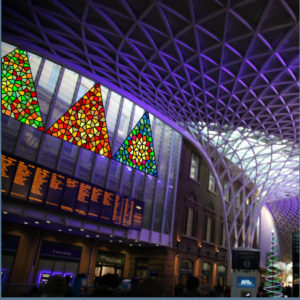Let Viktor Wynd share a nightcap with you, tuck you into bed and tell you Fairy Tales to send you into a deep sleep of strange dreams. Be warned these are not the Ladybird or Disney versions and may not be suitable for the tenderist ears.
This evening Mr. Wynd will tell some of his favourite Welsh tales, the ancient tales from The Mabinogion featuring a maiden made of flowers, a horse that can not be caught, Arawn, Lord of The Otherworld, the beautiful Rhiannon and why she was smeared in dog’s blood, Branwen, the magical cauldron and why Bran’s decapitated head carries on talking, Pryderi, a blanket of mist and the hanging of a mouse….
Viktor Wynd, proprietor of London’s eponymous (nay infamous) Museum of Curiosities, Fine Art & UnNatural History has spent the last twenty five years telling stories to audiences across the globe. Fascinated by traditional fairy tales his repetoire includes tales from The Brothers Grimm, The Arabian Nights, Scandinavia, Russia, Italy, France, Irieland, Africa, Papua New Guinea & North America – so far.

